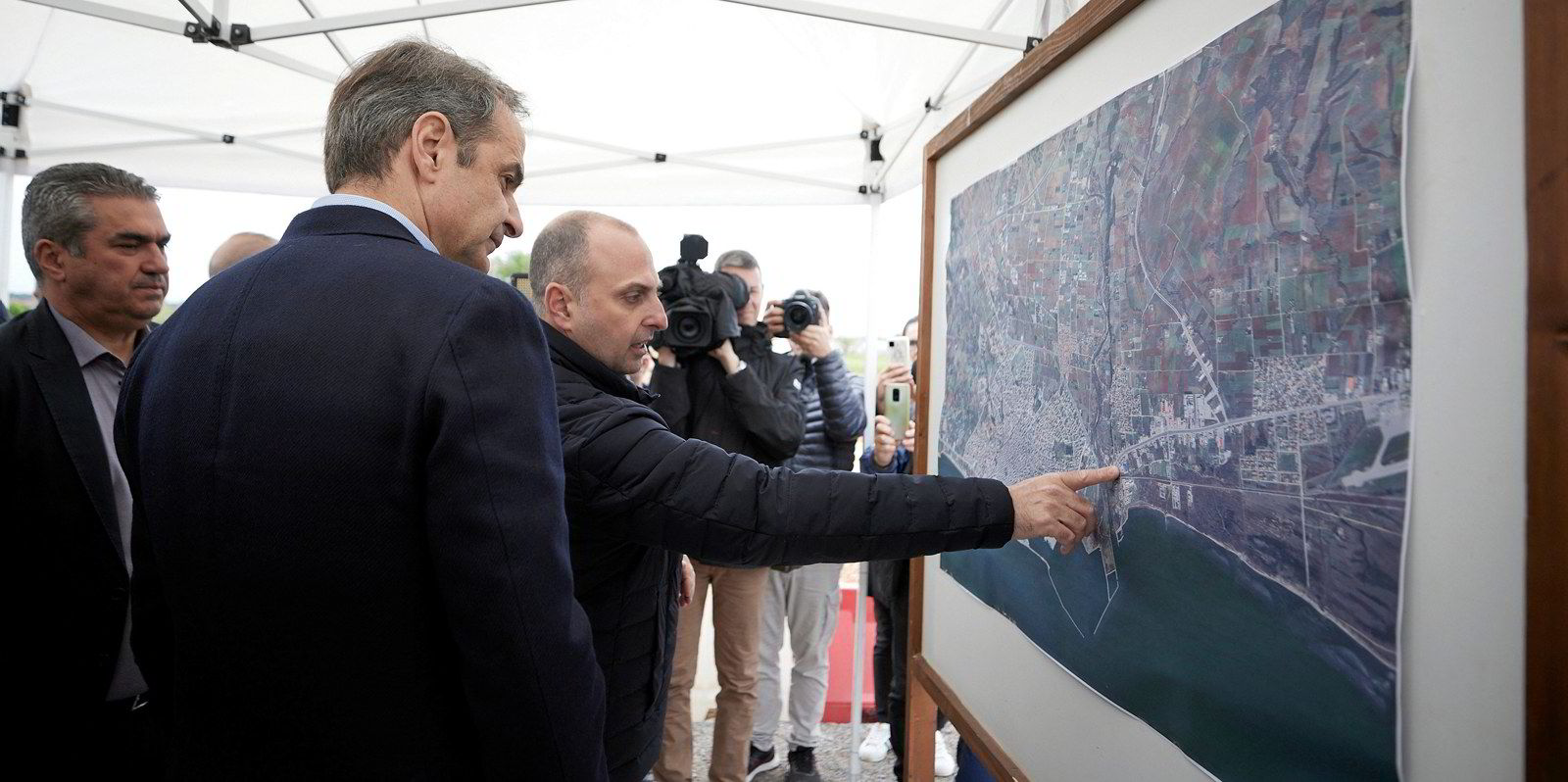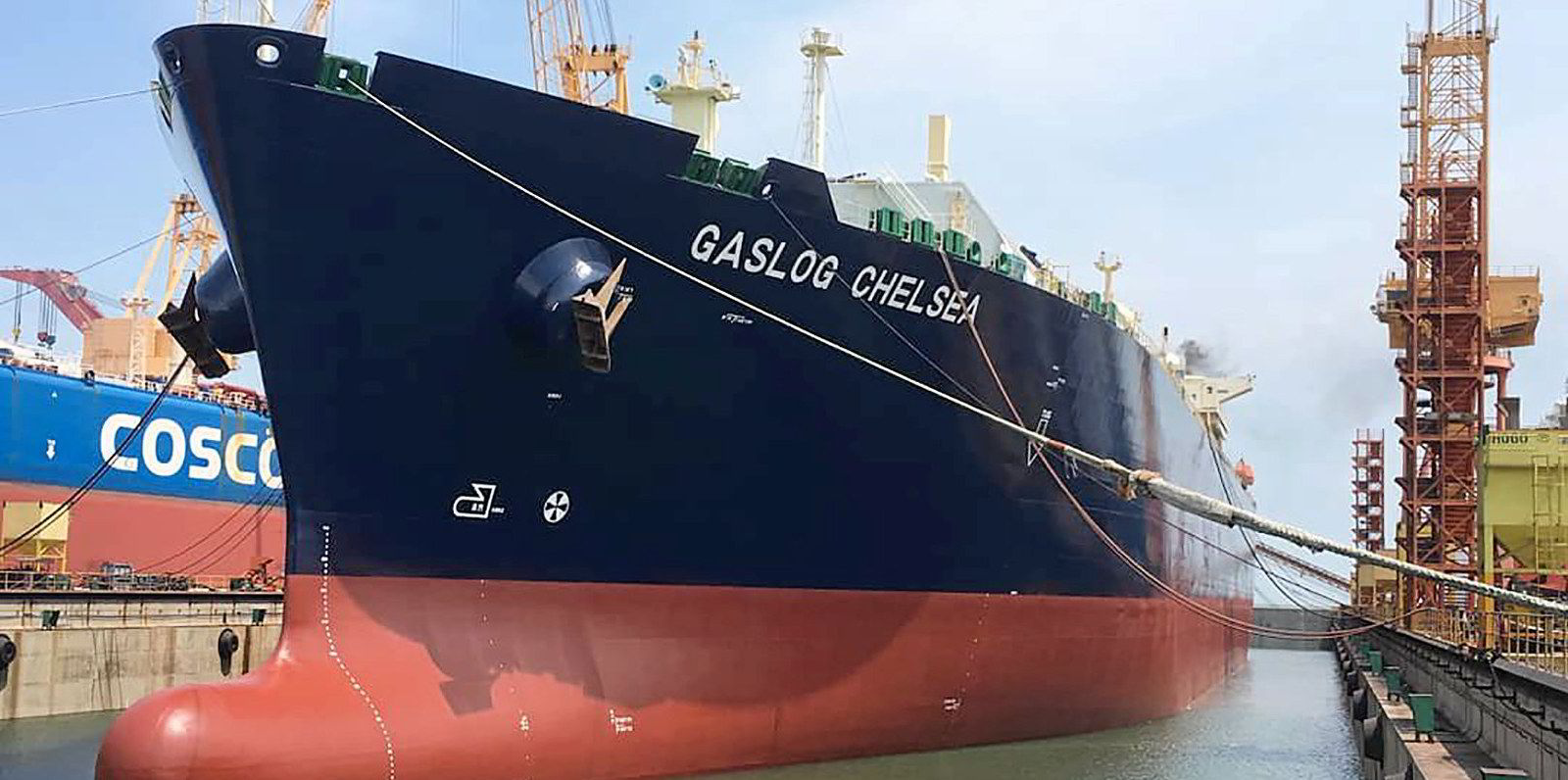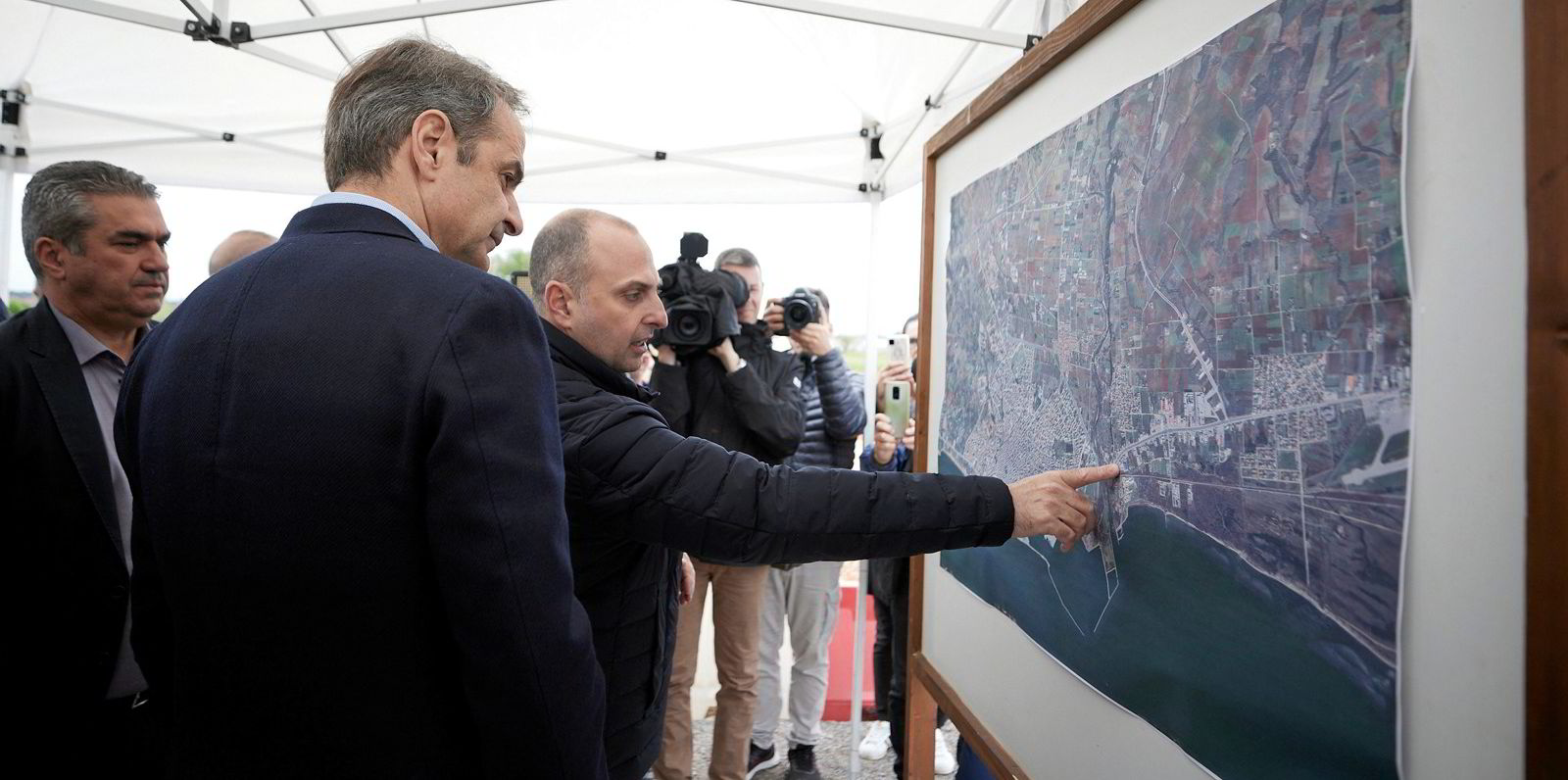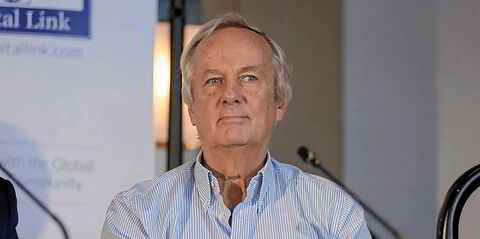A Greek project planning to start operations of a floating storage and regasification unit at the end of 2023 expects to draw so much demand that it is preparing to secure a second LNG carrier for conversion into an FSRU.
The Alexandroupolis terminal’s developer, Gastrade, has already agreed to buy one LNG carrier — the 153,000-cbm GasLog Chelsea (built 2010).
When asked for the reasons for the move, Gastrade chief executive Kostas Sifnaios said: “We have been planning this since the autumn of 2021… we were keeping the plan on the shelf but after the [Ukraine] war broke out, it’s evident why we pulled it out.”
The need for a second ship is underpinned by robust demand for the first Alexandroupolis FSRU from the plan’s existing, state-backed shareholders and clients in Greece and Bulgaria (see graph).
The FSRU already has contracts in place for 3.1 billion cubic metres (bcm) out of its annual capacity of 5.5 bcm.
As energy security concerns increase across Eastern Europe in the wake of the Ukraine war, talks are currently underway to sell LNG from Alexandroupolis as far afield as Romania, Serbia and Hungary.
“We expect the entire capacity to be fully booked soon,” Sifnaios said.
The second FSRU would then mainly serve to send natural gas to new prospective markets in Moldova and Ukraine, according to the executive.
Commercial, financing and permitting aspects for the second vessel are already under discussion.
Paper profit
The second FSRU would not come necessarily from GasLog, whose GasLog Chelsea will start conversion work at Keppel Shipyard in February 2023.
GasLog, who has been an early backer of Gastrade and owns a 20% stake in it, sold the GasLog Chelsea to Gastrade in February this year for $265.1m.
Peter Livanos and Blackrock-backed GasLog had acquired the ship in 2013 for $162.3m in a distressed sale from STX Pan Ocean.
“In the beginning, we thought we were paying too much money,” Sifnaios said of Gastrade’s purchase of the GasLog Chelsea.
“In the end, however, we proved to have been lucky.”
As FSRU projects spring up like mushrooms all over Europe amid the Ukraine conflict, available units for sale became a hot commodity, the Greek manager explained.
At the beginning of the year, there were eight FSRU units available for sale across the world. “When the war broke out they all disappeared in the blink of an eye,” Sifnaios said.
In one stark example, Italian energy company Snam spent $400m earlier this month to buy the 170,000-cbm FSRU BW Singapore (built 2015).
Sifnaios said Gastrade was equally fortunate to conclude most of its engineering contracts in December 2021, before inflation took off.
Still, prices have risen far enough to revise the project’s budget upwards to €406m ($408.5m) from around €370m.
The FSRU-based Alexandroupolis terminal will be connected to the northern Greek shore by a 28 km pipeline, 24 km of which will be underwater.
Any second FSRU serving the project would have to be connected to the mainland with its own pipeline as well.





